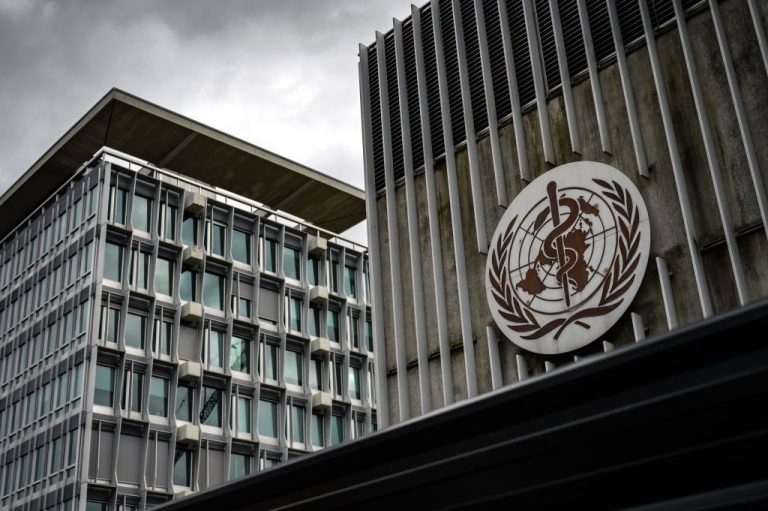The World Health Organization will absorb the European Union’s Coronavirus Disease 2019 (COVID-19) digital passport system as a core component of its coming global digital health passport system.
Some are concerned about the development in light of allegations that a “Pandemic Treaty” being drafted by a WHO special working group will bind member states and may lead to the creation of a worldwide centralized authoritative entity the next time a global pandemic is declared.
Announcing “the launch of a landmark digital health partnership” was a June 5 press release directly issued by the EC stating the EU’s “system of digital COVID-19 certification” would be imported by the WHO “to establish a global system” for the purpose of helping to “facilitate global mobility and protect citizens across the world from on-going and future health threats.”
MORE ON GLOBAL PANDEMIC RISKS
- WHO Raises Concerns of ‘Biological Hazard’ After Sudan Biolab Captured in Fighting Between Government
- Media Draw Links Between H5N1 Bird Flu and Next Potential Human Pandemic
- China Faces New COVID Wave With 65 Million Infections Per Week, According to Party Media
- WHO Set to Become Centralized World Pandemic Policy Administrator
The presser adds that the move is “the first building block” of the WHO Global Digital Health Certification Network (GDHCN).
The WHO’s website for the GDHCN states, “One of the key tools used by many Member States in reopening economies during the COVID-19 pandemic has been digital COVID-19 test and vaccine certificates.”
Success
You are now signed up for our newsletter
Success
Check your email to complete sign up
“Learning from the COVID-19 pandemic response, there is a recognition of an existing gap and continued need for a global mechanism that can support bilateral verification of the provenance of health documents for pandemic preparedness and continuity of care,” it adds.
The European Commission’s press release explains further that the EU Digital COVID Certificate (DCC) is particularly apt for the foundation of the project because of the nature of the European Union’s composition of multiple small countries in close proximity to each other where citizens rely on freedom of travel to live, work, and do business, and a characteristic of its digital passport that allowed non-EU countries to “issue certificates.”
“WHO is establishing a global digital health certification network which builds upon the solid foundations of the EU DCC framework, principles and open technologies,” the Commission stated.
The release states that the “first building block” of the WHO’s new system will already be live within the month.
A corroborating press release issued by the WHO quoted Director Tedros Ghebreyesus as stating his organization’s new global passport scheme is “based on the principles of equity, innovation, transparency and data protection and privacy.”
Both press releases make clear that the EU DCC system served the purpose of controlling freedom of movement during a declared pandemic based on centrally determined health standards.
The WHO’s version states, “To help strengthen global health preparedness in the face of growing health threats, WHO is establishing a global digital health certification network which builds upon the solid foundations of the EU DCC framework, principles and open technologies.”
As of time of writing, the announcement appears to have been totally overlooked by all English-language network media worldwide.
The WHO’s “Pandemic Treaty” has, over the course of the the last year and a half since a special session of the World Health Assembly was called for only the second time in history, become something of a shapeshifter with names such as “The World Together,” “The Intergovernmental Negotiating Body (INB),” the “Zero Draft,” and as it’s most recently been named, the “WHO CA+.”
WHO CA+ is shorthand for the “WHO convention, agreement or other international instrument on pandemic prevention, preparedness and response” and was last hashed by the WHO’s INB in early April during a session that was primarily a status update, according to a Progress Report posted on the INB’s official website.
The big date for the project is the convention of the 77th World Health Assembly, which is set to occur in 2024, and thus the project now plans to hold four additional sessions in the first quarter of next year, including a pair of what it calls “two-week marathon” sessions to complete its task.
The next and final meeting scheduled before the 2024 workshops will be held the week of June 12 to 16 where “consideration and negotiation” of the WHO CA+ will continue.
A newly updated composite of the proposed WHO CA+ is 43 pages long and can be viewed by the public on the INB’s website.

















